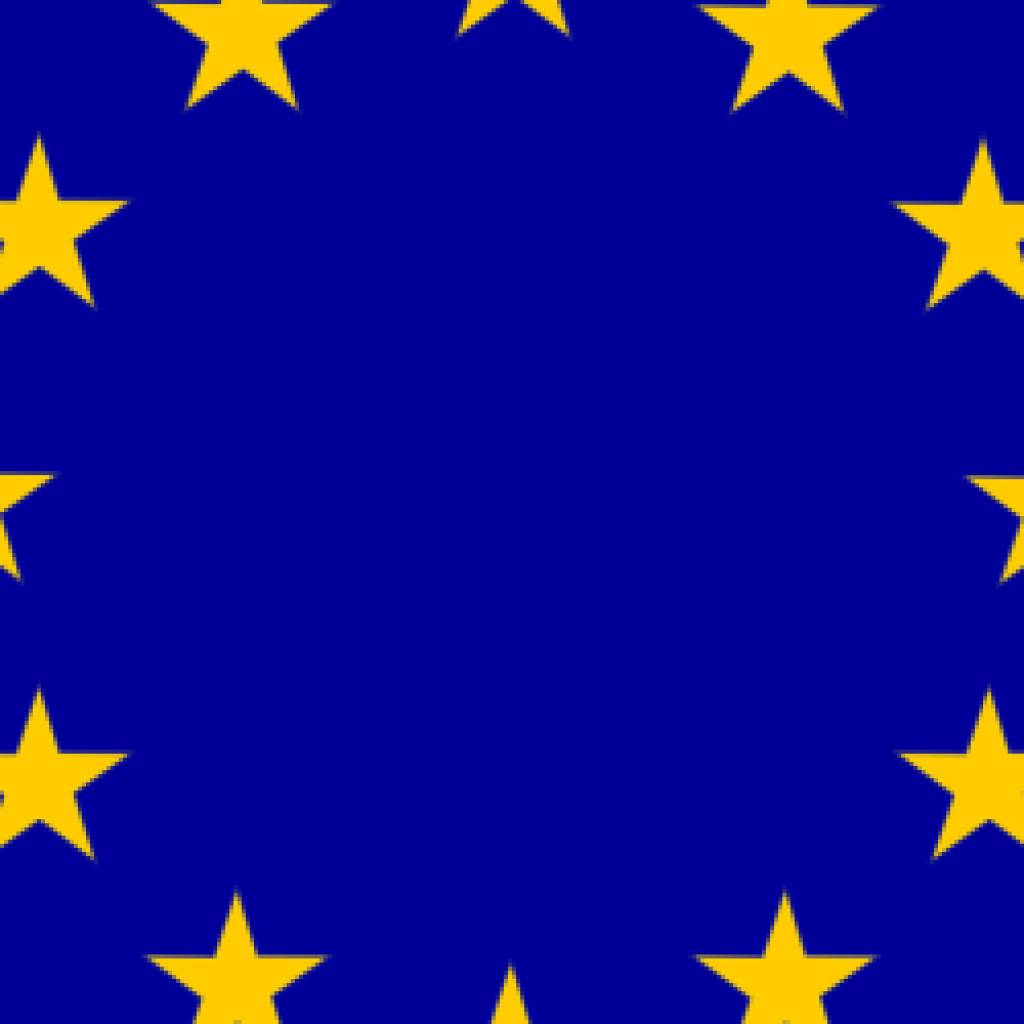(TechNewsInsight) Ursula von der Leyen, President of the European Commission as well as cabinet members Bruno Le Maire and Clément Bonn, recently went to the CEA’s very large computing center in Bruyères-le-Châtel (Essonne).
Jean-Philippe Verger, Director of CEA Ile-de-France, explained to the President of the European Commission the different areas in which supercomputer work is useful: neurosciences, biology, geophysics and astrophysics, but also climate where it has a very concrete application. “This supercomputer has enabled scientists from the IPCC (Editor’s note: the Intergovernmental Panel on Climate Change) to perform many simulations of climate change, assures Jean-Philippe Verger. Also thanks to this quantum computer, we can accurately estimate the melting of the Antarctic ice cap.”
In addition to the climate, quantum technology has recently been used in the fight against the Covid-19 pandemic, CEA Director Ile-de-France stated. The spectator is partly credited with triggering certain instance count models.
European cooperation to try to make up for the delay
Quantum technology in particular is the subject of European cooperation with Germany, Italy, Spain, Ireland and Austria supported by EU funds and aims to develop the first hybrid computer prototype that includes a quantum accelerator by 2023.
“This project clearly shows that quantum technology represents a share of European technological sovereignty,” Clement Bonn said at the end of the visit. China, where the US is ahead of the EU in quantitative development, could be the next great technological leap during this decade.
This desire to make up for lost time was also confirmed at the national level by a quantitative investment plan of 1.8 billion euros (partially funded by the recovery plan) over five years, announced in January by Emmanuel Macron, during a trip to the Saclay Plateau.
Quantum Computer a Sovereignty Issue for France and the European Union; Ursula von def Leyen Visits Computing Cener in Essonne
